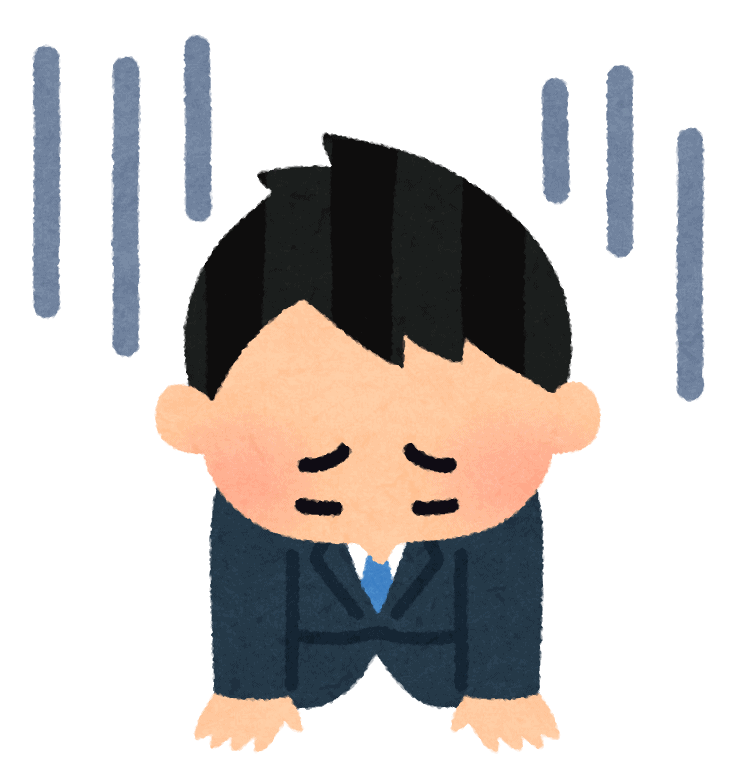Heard about a good political scandal lately? Unfortunately, there is no shortage of
examples. If we look at many of these situations, I would suggest that in most cases, if
the individual had come out right away on his own and said “I was wrong”, the scandal
would have disappeared. Many of these cases are more about the cover up than the
actual issue. So why couldn’t they have just said “I made a mistake”?
This week we begin the Book of Vayikra. The Parsha discusses many of the offerings that
were brought in the Beis Hamikdosh by individuals, public figures, voluntary offerings
and sin offerings. In Chapter 4 verse 22, the Torah says:
אֲשֶׁ֥ר נָשִׂ֖יא יֶֽחֱטָ֑א וְעָשָׂ֡ה אַחַ֣ת מִכׇּל־מִצְוֺת֩ יְהֹוָ֨ה אֱלֹהָ֜יו אֲשֶׁ֧ר לֹא־תֵעָשֶׂ֛ינָה בִּשְׁגָגָ֖ה וְאָשֵֽׁם׃
When a ruler sins, and unwittingly does any one of all the things which Hashem his God has
commanded not to be done, and is guilty.
The first word of the verse is very telling. It means “when” – not if. It is not really a
question whether the leader will sin or not, it is just a matter of when. As the Seforno
comments it is common that the leader will sin. Earlier in the Parsha, the Kli Yakar
taught that the greater a person’s status – whether financial or social – the greater is
their Yetzer Hara. It is much more difficult for them to resist temptation and they have
to work much harder to maintain their integrity and their observance. He uses our verse
as a proof to his point. The leader will definitely sin. In our verse it refers to a case
where he unwittingly sinned and he voluntarily admits his guilt.
Rashi comments that the word Asher comes from Ashrei – fortunate. “Fortunate is the
nation whose leader is able to acknowledge his wrongdoing and atone for his mistakes.”
Rashi adds that this is certainly true when he admits to and regrets a purposeful
wrongdoing.

The Torah is teaching us that acknowledging a wrongdoing, whether purposeful or
mistaken, is actually a sign of strength in a person. We are a fortunate nation if our
leader can acknowledge mistakes. What prevents them from doing so? It is their
position of power. As Kli Yakar pointed out, the greater your position, the greater your
Yetzer Hara. What will people think if I say I was wrong, will I lose my position or status?
This is certainly true of politicians and other communal leaders, but it really applies to
each of us in some way. We all have people who look up to us. We all view ourselves as
someone who has a status that can be affected if people thought we acted wrongly.
There is a temptation to deny or ignore our own mistakes and hope or expect that our
reputations will remain intact. The truth is that admitting to a mistake in an honest
manner will actually raise our status, not lower it. Everyone makes mistakes, even big
ones. The true test is are you able to own up to it or not.
Shabbat Shalom,
Rabbi Shaps and the JET Team

